Burnout

I have burned out twice – once at 26, once at 30. Each time it took months to come back and feel like myself again. Burnout affects everyone differently; it’s only in hindsight that I’ve been able to understand how it affected me, and learned to recognize the signs. After the second time I promised myself I wouldn’t let it happen again.
I just went through the toughest test of that resolve at 35, and I think I made it through this time without falling into the pit. If any of this sounds familiar, I hope learning from my experience might help you in yours.
First time
In the fall of 2009 I was at grad school studying technology design. I had gotten involved with an entry to the US Department of Energy’s annual Solar Decathlon competition, where teams from around the world design and build solar-powered homes and compete on various measures of efficiency, livability, and market viability. The competition culminates in a two-week long event on the National Mall in Washington, D.C. where teams construct their (full-size) homes on site and participate in 10 competitions.
My team, made up of students from Simon Fraser University, University of Waterloo, and Ryerson University, had been working on our entry titled North House for the better part of 2 years. We had aimed for the high end of the competition, with a very high-tech, high-design entry. I was responsible for the home automation and energy management systems with the team from SFU. We had built an embedded system that could control the shades, lights, and temperature of the house – even a controllable bed that could be raised into the ceiling. We had designed a sleek frontend displayed on touchscreens in the home, and a mobile app that the occupant could use to monitor and adjust their systems.
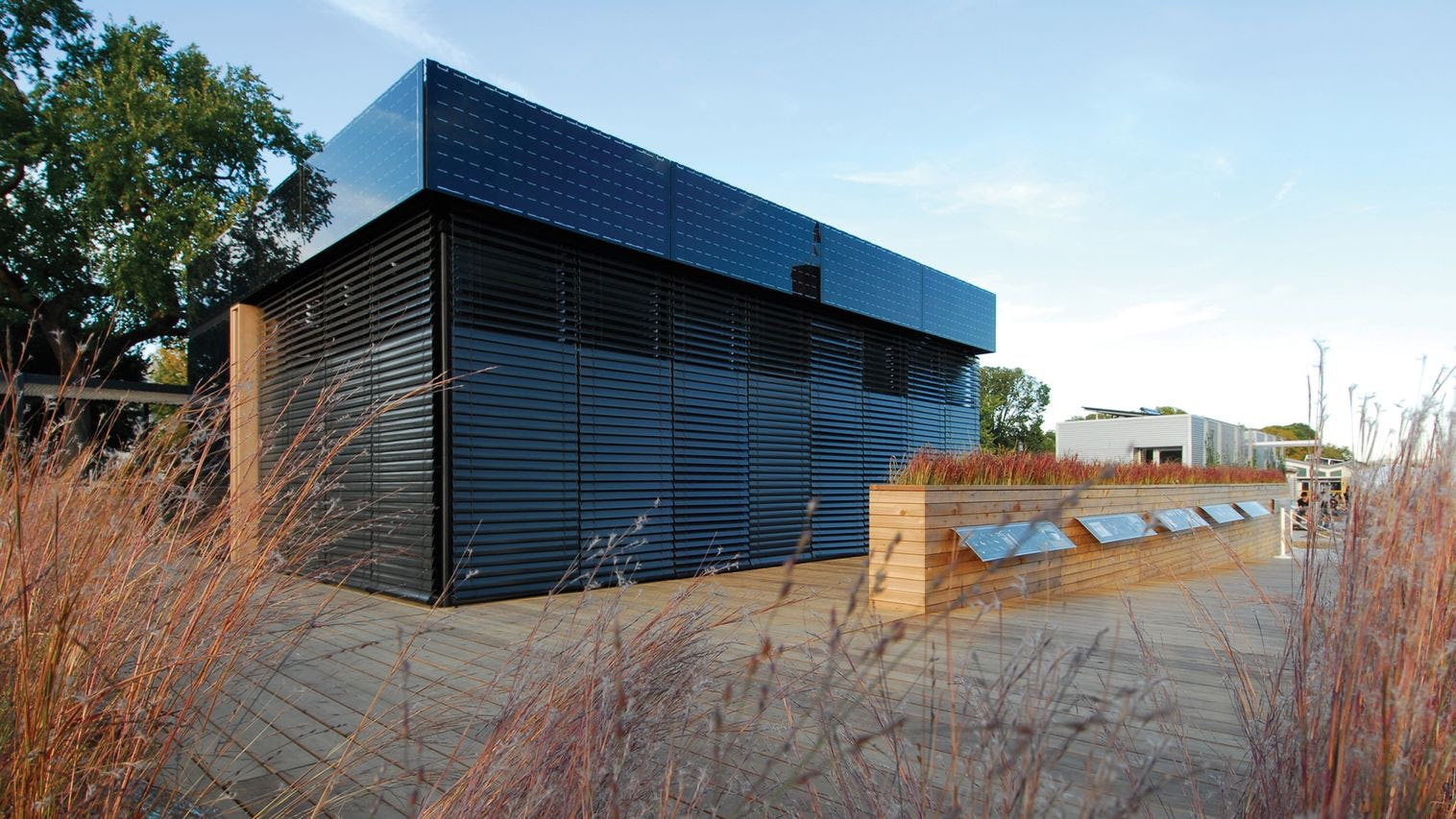
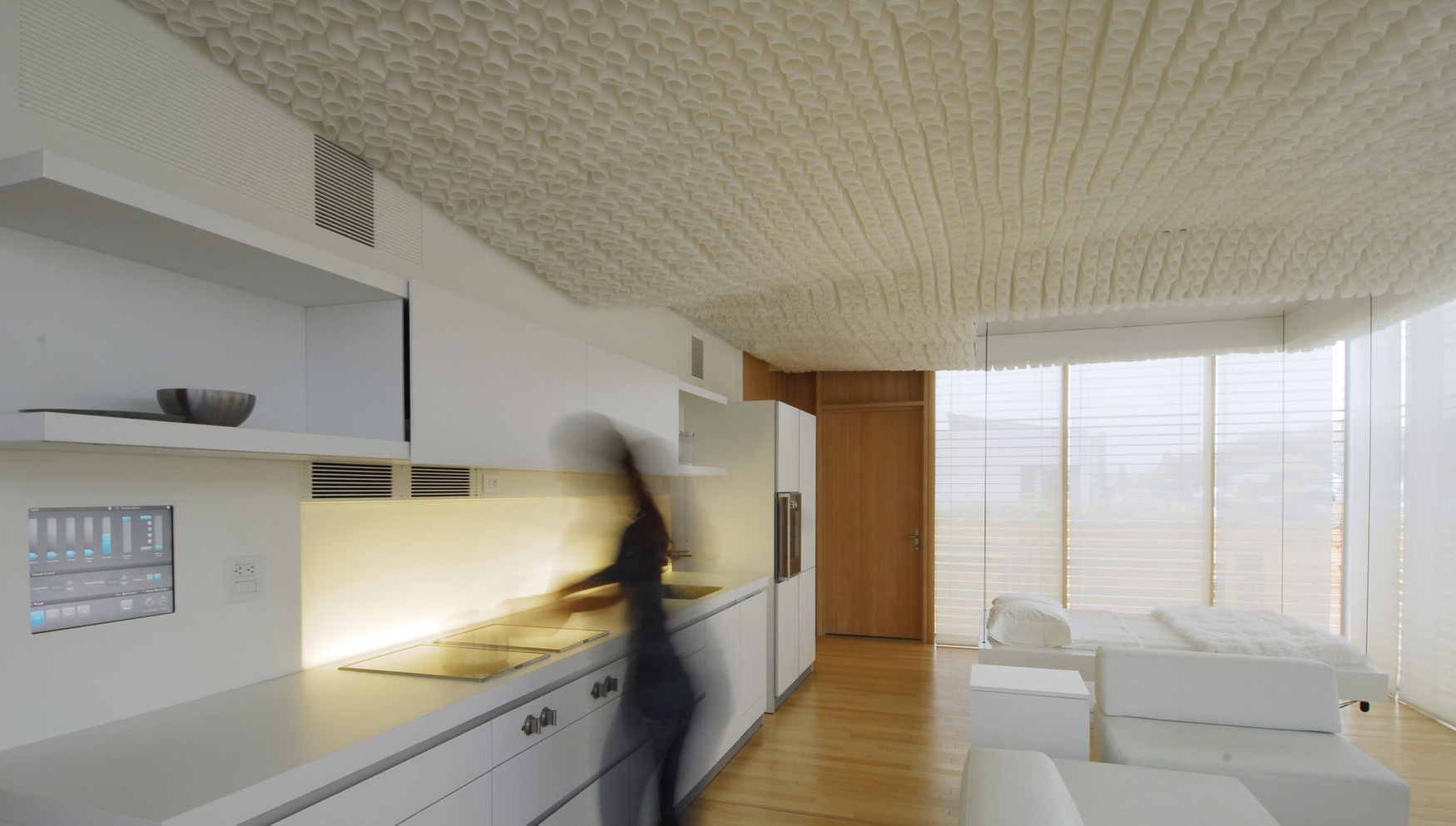
We had been working extremely long hours in the months leading up to the competition. Most of us on the project were learning our skillset and there was no shortage of hard problems that we were ill-equipped to solve. We showed up to Washington exhausted, and then spent two weeks on site in awful weather (the irony of a solar decathlon without sun), under incredible pressure and continued to work excessive hours. I remember sitting with my laptop on my knees at 1am on a dismal November night in the middle of the construction site, wearing a hard hat, trying to figure out why the home automation system wouldn’t come online. I got a terrible cold, and could hardly sleep from stress and anxiety that we would fail – that I would fail.
We came 4th out of 20 teams. What we built was incredible, and I still think proudly of the innovation and quality of the project: a house capable of net-positive energy production in a Canadian (Ontario) climate. The internal systems we built for the occupants of the home were ahead of their time.
But I came home utterly depleted. I had pushed myself far too hard and had lost all confidence in myself despite the outcome. I felt continuously weak and exhausted, and couldn’t shake the feeling of the meaninglessness of the effort for several months. At the time I willed myself to get over it and get back into the groove. Now I realize I was depressed for an extended period.
Second time
In January 2014, I found myself in the midst of two simultaneous major projects. I had been working at Tiny Speck for nearly 2 years. After shutting down Glitch, we reset and started making Slack, and were building toward our public release in February 2014. I was one of 8 people at the company – and the pace and level of commitment of everyone on the team was awe-inspiringly, intimidatingly high.
I was also launching a side project with my friend Connor Lowe: Give was an app that allowed music fans to give money directly to the artists they loved. We had been working on it since 2011 and were having a release party and event to celebrate featuring a live concert with Andy Shauf.
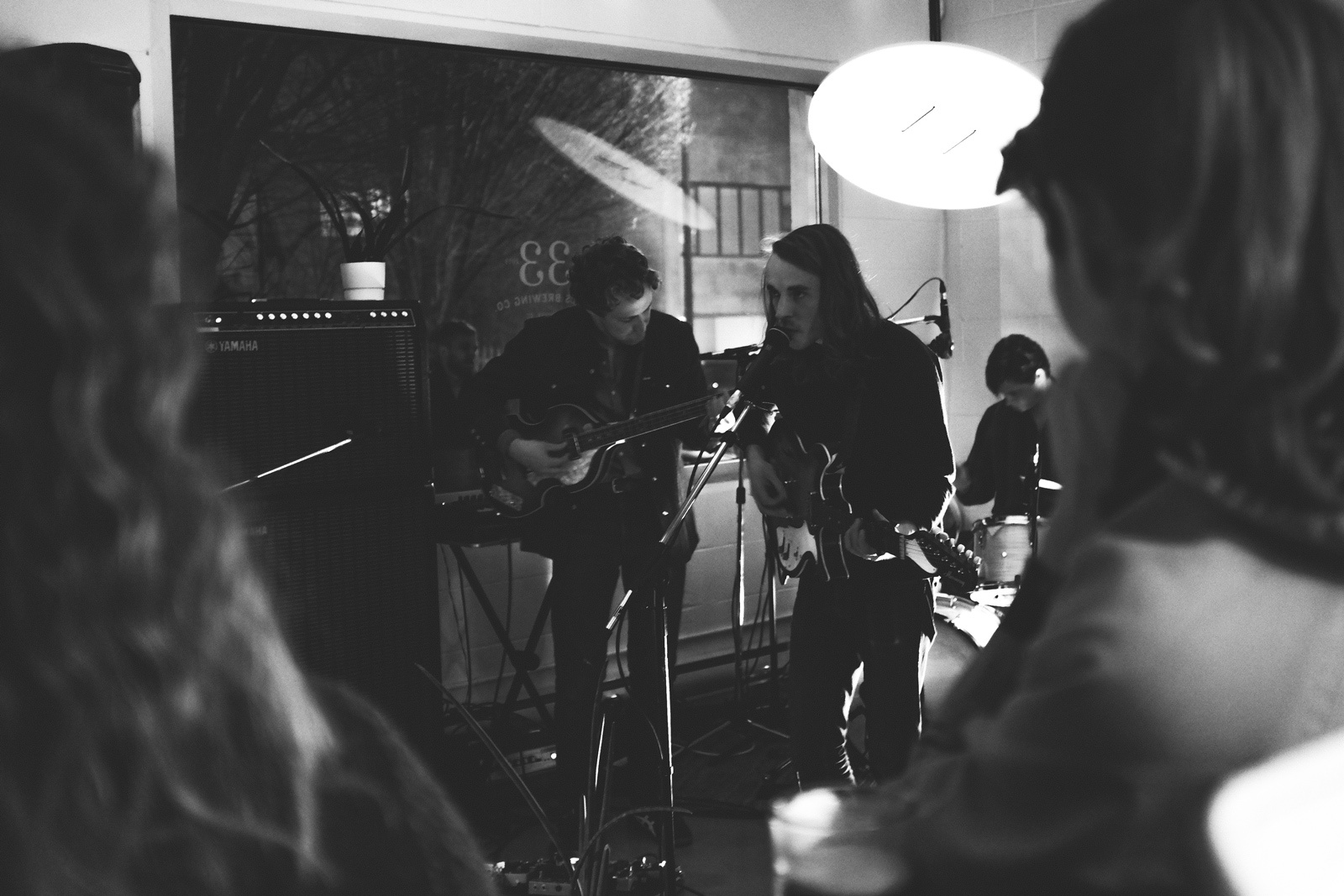
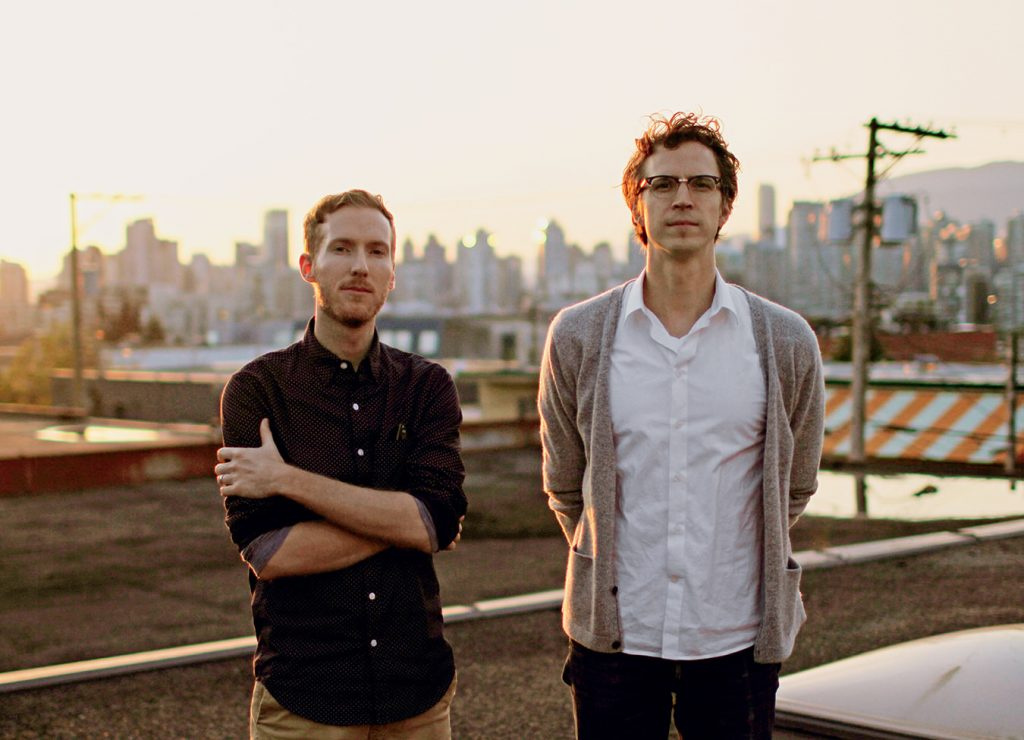
I’d been working my butt off on both projects. I would work 9-10 hours a day on Slack, then come home and put in another 3-4 on Give. I wasn’t sleeping much, and was ignoring the signs of stress that I should have recognized: headaches, anxiety, and persistent self-doubt.
I was learning a ton and proud of the work, but I was stretched to the breaking point. I accommodated this by ignoring my health, drinking more coffee and working harder.
One Friday at work I started getting a pain in my stomach. By the end of the day I could hardly sit up straight. My wife came to get me and I curled up in the car and hobbled into bed as soon as we got home. I started vomiting and spinning with terrible nausea. We eventually went to emergency and I spent the night with tubes down my throat while they did a battery of tests and images to try to figure out what was wrong.
By the end of the next day, they still didn’t know what was up, so they recommended exploratory surgery. On Saturday night around 11pm I found myself on a gurney in a dark hallway in the basement of Vancouver General Hospital. For about 5 minutes while the medical staff went into the operating room to prep, I waited alone. That’s the only time in my life I’ve contemplated that I might be near death. It was a lonely, scary moment.
Meckel’s Diverticulum affects about 2% of people. Only about 2% of those people exhibit complications. In my case, complete obstruction of the intestine. Two laparoscopys and one laparotomy later, my diverticulum was out and my intestine was unblocked. Seven days later I was able to leave the hospital on two feet, albeit very slowly.
It is possible that I would have ended up in the hospital that night without work stress. But in hindsight, it’s clear to me that my body was pulling rank on my brain and stopping the line. I had gone way past my limits and paid a steep price for it. I was restricted in my diet and mobility for months. I missed Give’s opening night and had to listen to the concert on headphones in the hospital bed a few days later.
I went back to work a week after leaving the hospital, and we shipped Slack to the world on February 12th.
Third time lucky
What’s common about these experiences? Big projects, big responsibilities, big deadlines, big professional growth. Also common in these experiences is my lack of balance in attending to my mental and physical health, and in taking the world on my shoulders.
About 18 months ago I took on a new project at work leading a rewrite of Slack’s desktop client. This involved a large, cross-functional team undertaking a significant technology migration and an ambitious new architecture. At the same time, we were making a generational investment and evolution in how we worked together as a company. Organizational growing pains compounded the difficulty of the technical aims of the project.
From the get-go I recognized that this project had the potential to burn me out. It’s something I care about a great deal, and that I’m personally and professionally deeply invested in. It’s big and ambitious and high-stakes.
I leaned into it – but this time things would be different. I did not want to fall into depression, and I did not want to end up in the hospital. I also now have 2 kids at home; it was more than my own well-being on the line.
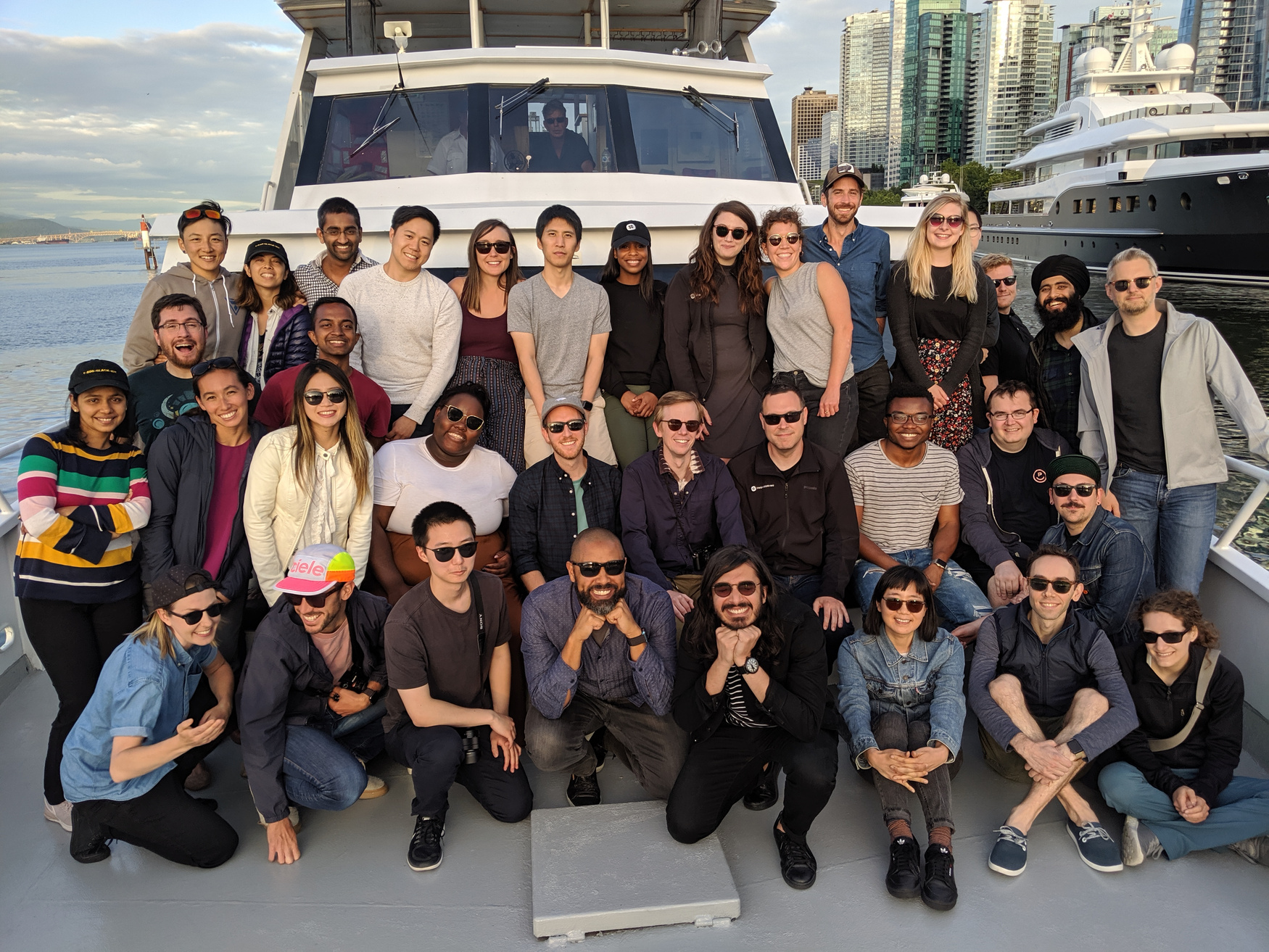
We just shipped the project and I’m incredibly proud of what the team has achieved. I’m also deeply relieved that we got here without me having to pay that price again. In this case, immense credit goes to a deeply competent and collaborative set of colleagues to work with. I’ve also had a bit of time to think about what made the difference in my personal approach.
Shocking no one, the things that helped avoid burnout were quite simple:
- Put health first. Sleep, exercise, and not too many foreign substances. Whenever I found myself wanting to stay up past midnight to work, I’d call it quits instead. If I found myself taking my laptop home too many nights in a row, I’d leave it. It will always be there tomorrow.
- Ask for help and leeway. Compared to my younger self, I was willing to ask my partner and my colleagues for help in ways that I haven’t been good at in the past. It’s extraordinarily freeing. In my personal life, it has deepened my relationship with my wife to be more honest about work stress and share the load I might be feeling.
- Forgive yourself and others for failure. Don’t take it personally when things don’t work out as you intend. Be honest about why and move on.
- Separate your work and personal life. This was a major change for me. I’ve always identified very closely with my work. I’m learning to separate my sense of self-worth and purpose from my professional identity.
- Keep it professional. It’s a job, and it’s easier to do that job when you leave your emotional baggage at the door. It’s slowly becoming easier not to get wrapped up in every twist and turn of work life.
This advice doesn’t get you very far. In the abstract, it’s just more self-help cliché. For me these are hard-won lessons, and it’s unlikely I would have done anything differently if someone had told me this when I was 26 or 30. The drive to push oneself is very powerful, and I wonder if it’s possible to know your own limits without first finding them and falling over the cliff a few times.
I know I never want to fall over again.